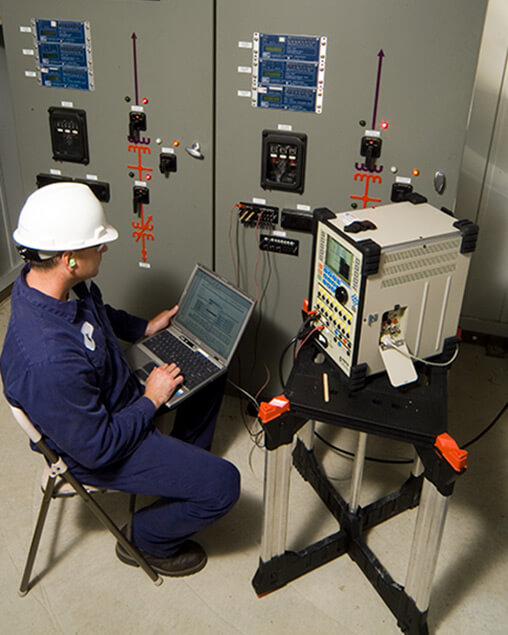In the event of a fault, protective relays safeguard electrical systems, equipment, and people. Replacing aging electromechanical (EM) relays with digital ones is fast, cost-effective, and delivers a host of benefits if designed and integrated properly. Reaping the full benefits of digital relay technology requires time and skill to appropriately design and integrate.


